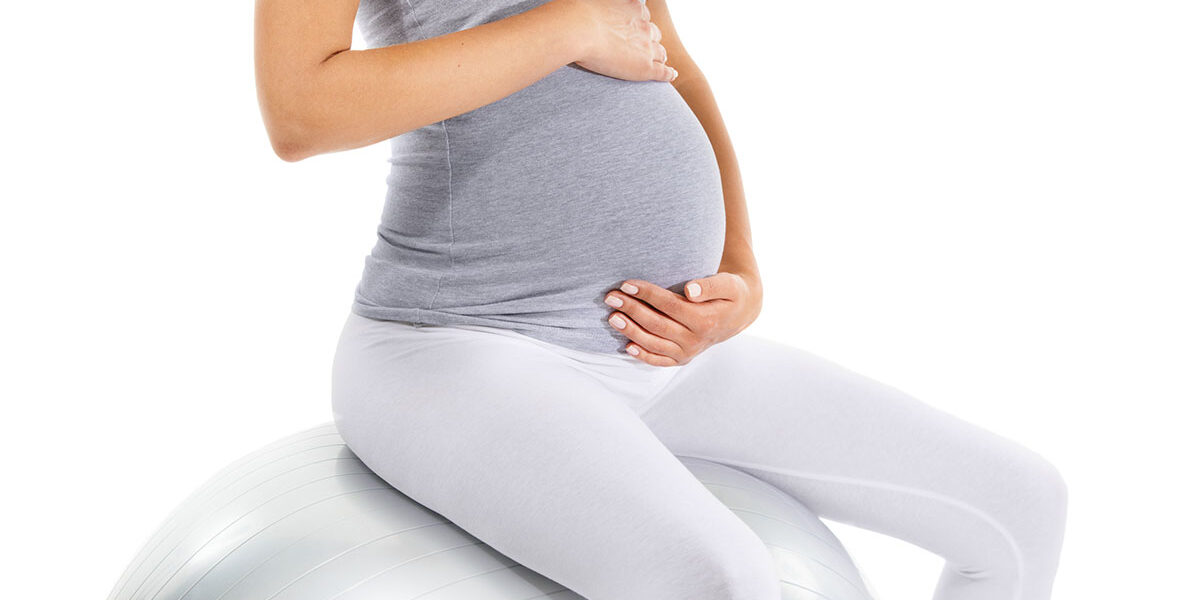If you are pregnant or expecting soon, then this article is for you! So grab your coffee and read on before you lose all sense of alone time and quiet.
A birth plan and baby preparations are important, but so is your health. Women forget how truly magical our bodies are — not only do we carry a fetus for nine months, we deliver that baby too. As soon as we are holding that bundle of squishy joy, our self-care goes out the window. Pelvic health physiotherapy is the one thing you can do for your health both during pregnancy and postpartum. Having a strong pelvic floor and core can make delivery easier. Pelvic health physiotherapists also help with pain management after delivery.
The Pelvic Load
During pregnancy, your pelvic muscles do all the heavy lifting; they literally support and hold your baby in place. If you aren’t sure exactly where your pelvic muscles are or why they are crucial, then our article, “What is Pelvic Health?” will give you an in-depth explanation.
A quick summary: your pelvic muscles are internal (can’t be seen) but they exist and are responsible for some vital tasks. First, they hold your pelvic organs in place, and second, they are responsible for functions like urinary control, bowel movements, and enjoyable sex. Your core is also considered a part of your pelvic muscle group and supports your daily function for tasks like carrying and rocking your baby, being able to sit up from laying down, etc…
Am I suffering from Pelvic Dysfunction?
That’s a great question! According to the Canadian Physiotherapy Association, one in three women in Canada suffer from some form of pelvic dysfunction. If you have carried a baby, given birth, or had a C-section, then the odds are high that you will experience some of the more common symptoms:
- Leaking urine when you laugh, cough, or exercise
- Difficulty emptying your bladder or bowel
- Frequent urination and waking up to urinate during the night
- Prolapse (this feels like a vaginal bulge or overall heaviness in the pelvic region)
- Painful intercourse
Even if you are symptom-free there is value to pelvic physio. Maintaining and caring for your pelvic floor makes for a healthy second or third pregnancy, and over-time reduces the pelvic aging symptoms most women in menopause experience. Pelvic dysfunction increases with age especially in women, with over 36% reporting pelvic health issues.
Pelvic Physiotherapy during Pregnancy
Your pelvic physiotherapy sessions may look different during pregnancy than after you have delivered the baby. The consensus is that pelvic physiotherapy is safe to start between the second and third trimester. In these sessions, your pelvic health physiotherapist will focus on preparing you for giving birth to ensure the muscles are elastic and ready. Pelvic Physiotherapy will make the delivery process smoother and easier. It will help prepare your muscles and ligaments. You may have noticed issues with your bladder control during pregnancy which can be predictive of your postpartum body as well.
Postpartum Pelvic Physiotherapy
Whether you had a vaginal birth or required a C-section, pelvic physiotherapy is vital to recovery. Your body just experienced trauma. Many women struggle with pain management in the weeks and months to come. Your pelvic floor (like any other part of your body) requires rehabilitation and care for the injury it has sustained.
Generally speaking, you can expect to start your postpartum pelvic journey 4-6 weeks after giving birth. You want to be sure that you are working with a registered physiotherapist that has additional training and credentials in pelvic health. This is a specialized practice — you want the best care. Pain management can be addressed immediately and will relieve some of the discomforts. Most patients start to see results within three sessions, but sometimes it can take longer. Physiotherapy is a process but your long-term health matters.
Mom & Baby Pelvic Health Physiotherapy at DSANDA
Not sure what to expect during your Pelvic Health Physiotherapy appointment? We explored this process here and answer all your questions and concerns!
DSANDA offers pelvic health physiotherapy for pregnant and postpartum moms with Kathy Trinder who holds advanced education in pelvic health physiotherapy, orthopedic physiotherapy, visceral manipulation & cranial sacral therapy.
We understand that babies need to be with mom, so we accommodate your pelvic care while your baby rests in the treatment room with you. We are passionate about Women’s Health in our community and want to make it assessable to all.
Book now using our online system or contact our office today!








